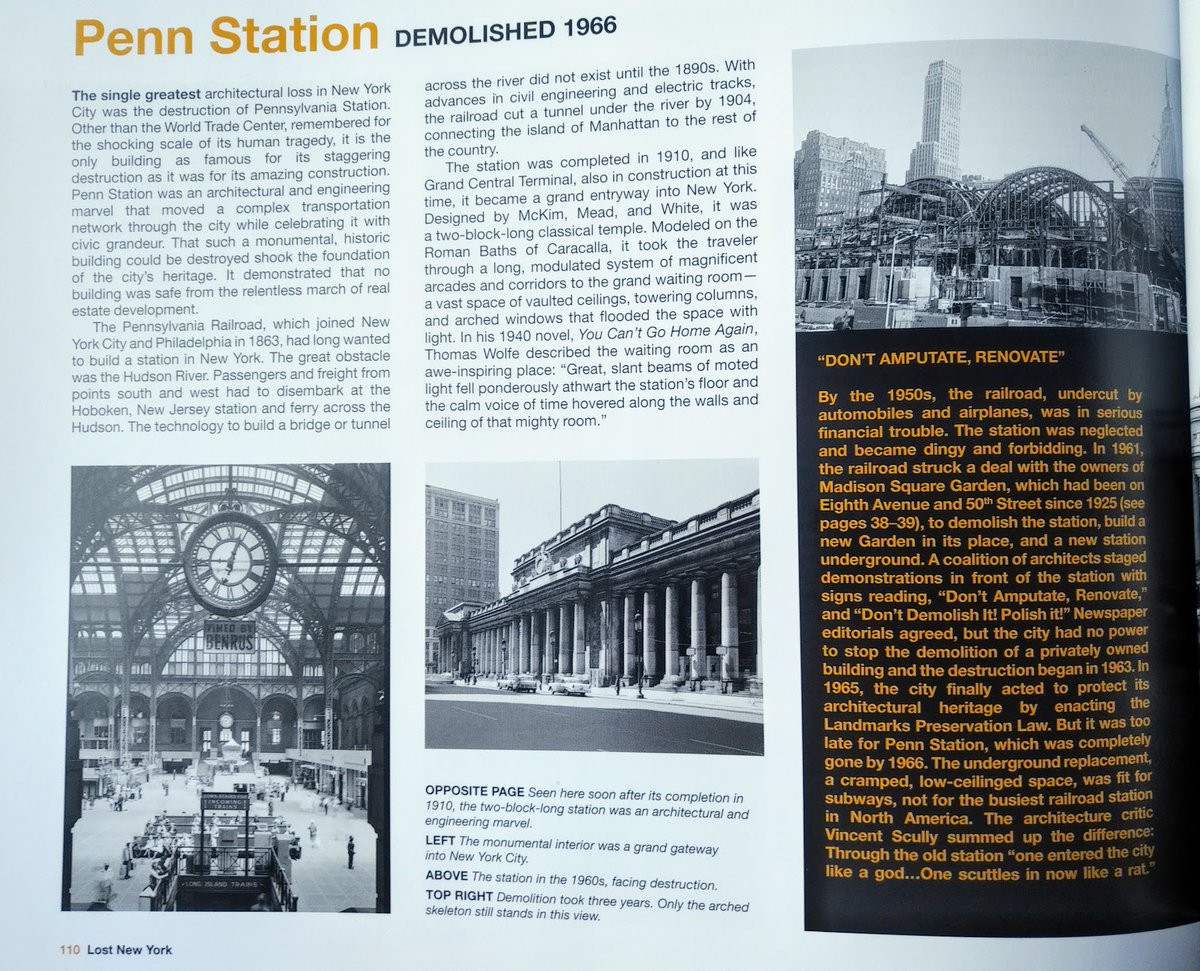
1/ As big and influential as we may believe Apple, Google, or Amazon are - they don't hold a candle to the Dutch East India Company.
visualcapitalist.com/most-valuable-…
visualcapitalist.com/most-valuable-…

2/ Let's talk stock -
The Dutch East India Company (VOC) was one of the first joint stock companies in the world.
Amsterdam was the financial center of capitalism for two centuries because of it.
The Dutch East India Company (VOC) was one of the first joint stock companies in the world.
Amsterdam was the financial center of capitalism for two centuries because of it.

3/ The VOC was the original military-industrial complex. It had the power to start wars, make treaties, make its own money, and start new colonies. Under the guise of a trading company, their empire went virtually unnoticed as a threat, so no one ever tried to stop them.
4/ Monopolization -
If a country thought about stopping business with them, supplies to that country would cease.
If anyone attempted to open private trade the VOC would prevent them from doing business via blackmail and threats. It's rumored they also engaged in piracy.
If a country thought about stopping business with them, supplies to that country would cease.
If anyone attempted to open private trade the VOC would prevent them from doing business via blackmail and threats. It's rumored they also engaged in piracy.

5/ Financial Innovation -
The VOC transformed the Amsterdam Stock Exchange and created a number of innovations
- futures contracts
- options
- short selling
The VOC transformed the Amsterdam Stock Exchange and created a number of innovations
- futures contracts
- options
- short selling
6/
In fact, they even introduced the first bear raid
Isaac le Maire was the largest shareholder of the VOC in its early years, and he initiated the first bear raid in stock history, selling shares of VOC short in order to buy them back at a profit and buy additional shares.
In fact, they even introduced the first bear raid
Isaac le Maire was the largest shareholder of the VOC in its early years, and he initiated the first bear raid in stock history, selling shares of VOC short in order to buy them back at a profit and buy additional shares.
7/ Limited Liability -
The VOC introduced limited liability for its shareholders which enabled the firm to fund large scale operations. Limited liability was needed since the collapse of the company would have destroyed even the largest investor, much less the smaller investors
The VOC introduced limited liability for its shareholders which enabled the firm to fund large scale operations. Limited liability was needed since the collapse of the company would have destroyed even the largest investor, much less the smaller investors
8/ Exploration -
The VOC was THE major force behind the Golden Age of Dutch exploration and discovery (c. 1590s–1720s). If you're reading this in New York City, Kingston, Schenectady, Albany - you're sitting in original VOC company towns.
nps.gov/nr/travel/king…
The VOC was THE major force behind the Golden Age of Dutch exploration and discovery (c. 1590s–1720s). If you're reading this in New York City, Kingston, Schenectady, Albany - you're sitting in original VOC company towns.
nps.gov/nr/travel/king…
9/ That's an American-centric view though.
The VOC established trading posts (and thus colonies) in much of SE Asia, including Indonesia, India, Japan, Taiwan, Thailand, Malaysia, Vietnam. They were the first to outline a map of Australia and Southern Africa.
The VOC established trading posts (and thus colonies) in much of SE Asia, including Indonesia, India, Japan, Taiwan, Thailand, Malaysia, Vietnam. They were the first to outline a map of Australia and Southern Africa.

10/ They were also undeniably involved in Slave Trading.
"From its inception, it exploited workers in the East Indies, sometimes engaging in slavery. However, its use of slaves really picked up when it took control of the Cape in South Africa."
dutchreview.com/culture/histor….
"From its inception, it exploited workers in the East Indies, sometimes engaging in slavery. However, its use of slaves really picked up when it took control of the Cape in South Africa."
dutchreview.com/culture/histor….
11/ A popular cliche is that history repeats itself.
Applied to business or stock trading, we're reminded that everything is cyclical but amateur market historians don't look back *far enough*.
The historical roles, legacy of the VOC is worth study.
en.wikipedia.org/wiki/Dutch_Eas…
Applied to business or stock trading, we're reminded that everything is cyclical but amateur market historians don't look back *far enough*.
The historical roles, legacy of the VOC is worth study.
en.wikipedia.org/wiki/Dutch_Eas…
• • •
Missing some Tweet in this thread? You can try to
force a refresh








